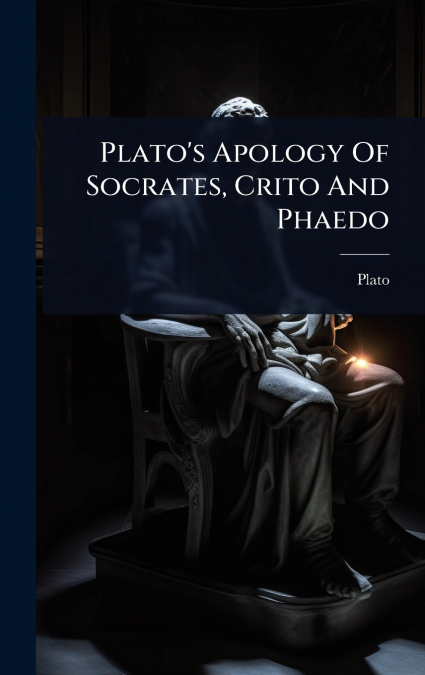
Plato
âApology,â âCrito,â and âPhaedoâ together present Platoâs account of the trial, imprisonment, and death of Socrates. In âApology,â Socrates defends himself against charges of corrupting the youth and impiety, offering a powerful testament to his philosophical principles. âCritoâ depicts Socrates in prison, engaging in a dialogue with his friend Crito about justice, law, and the obligations of a citizen to the state. Despite the opportunity to escape, Socrates chooses to accept his punishment and uphold the laws of Athens. âPhaedoâ recounts Socrates’ final hours before his execution, during which he discusses the nature of the soul, immortality, and the philosophical life. These works offer profound insights into Socratic thought and continue to resonate with readers interested in philosophy, ethics, and classical literature.This work has been selected by scholars as being culturally important, and is part of the knowledge base of civilization as we know it. This work was reproduced from the original artifact, and remains as true to the original work as possible. Therefore, you will see the original copyright references, library stamps (as most of these works have been housed in our most important libraries around the world), and other notations in the work.This work is in the public domain in the United States of America, and possibly other nations. Within the United States, you may freely copy and distribute this work, as no entity (individual or corporate) has a copyright on the body of the work.As a reproduction of a historical artifact, this work may contain missing or blurred pages, poor pictures, errant marks, etc. Scholars believe, and we concur, that this work is important enough to be preserved, reproduced, and made generally available to the public. We appreciate your support of the preservation process, and thank you for being an important part of keeping this knowledge alive and relevant.